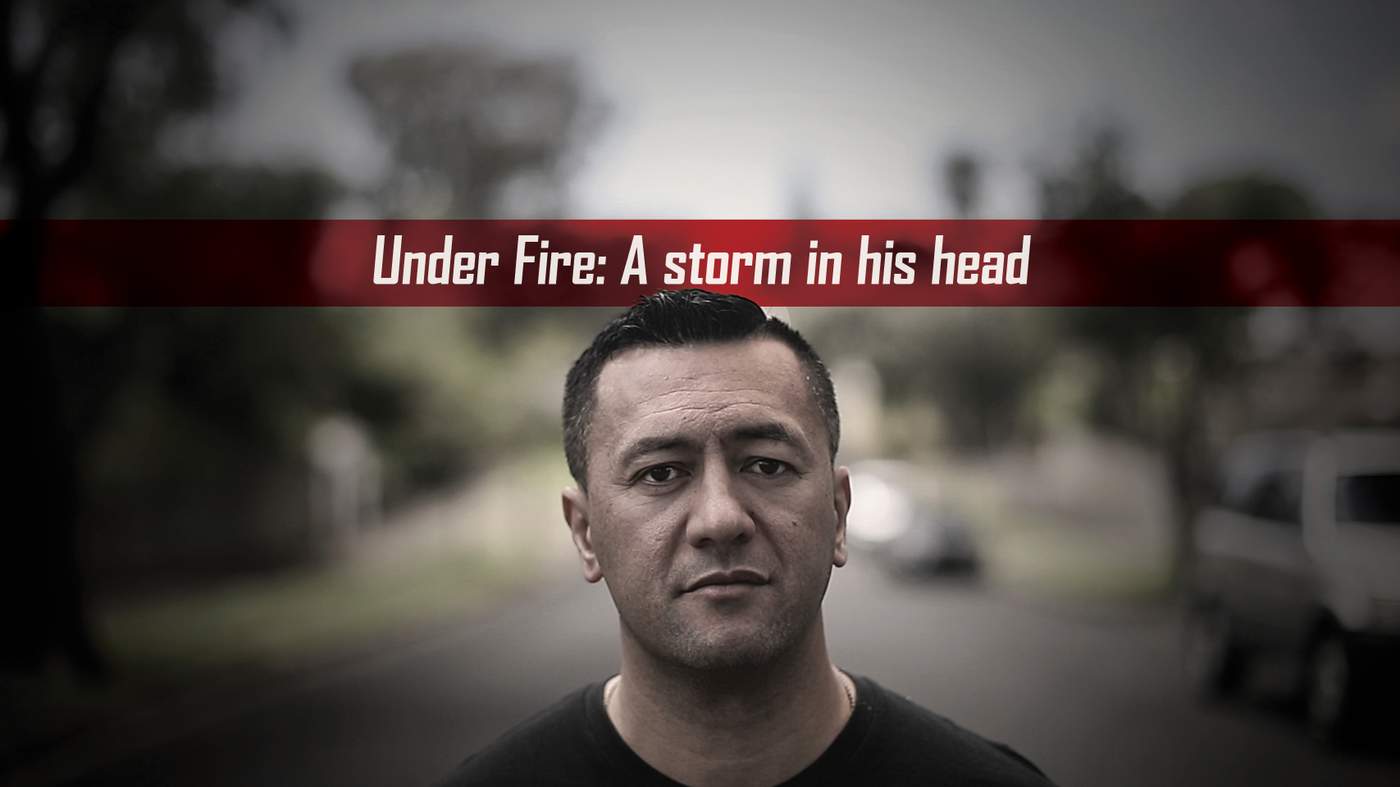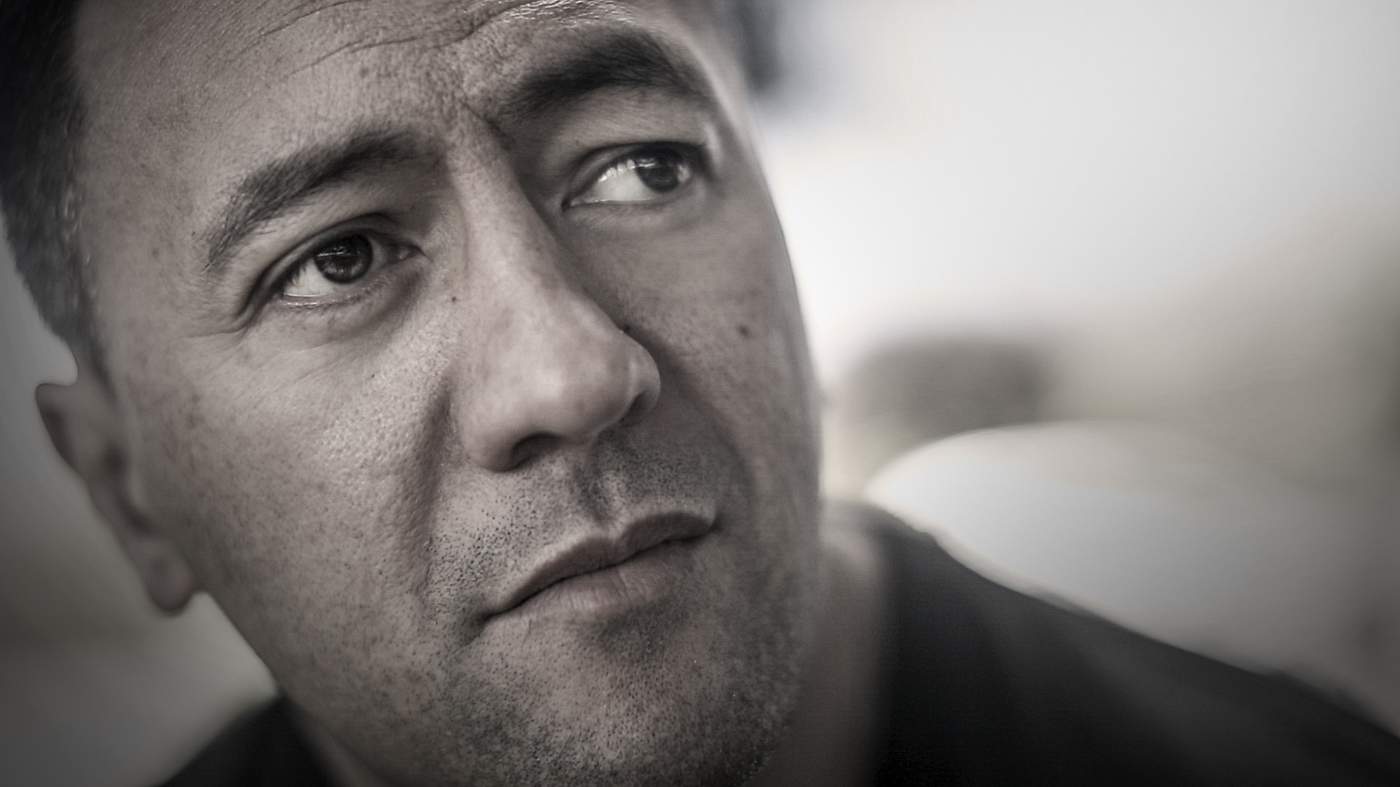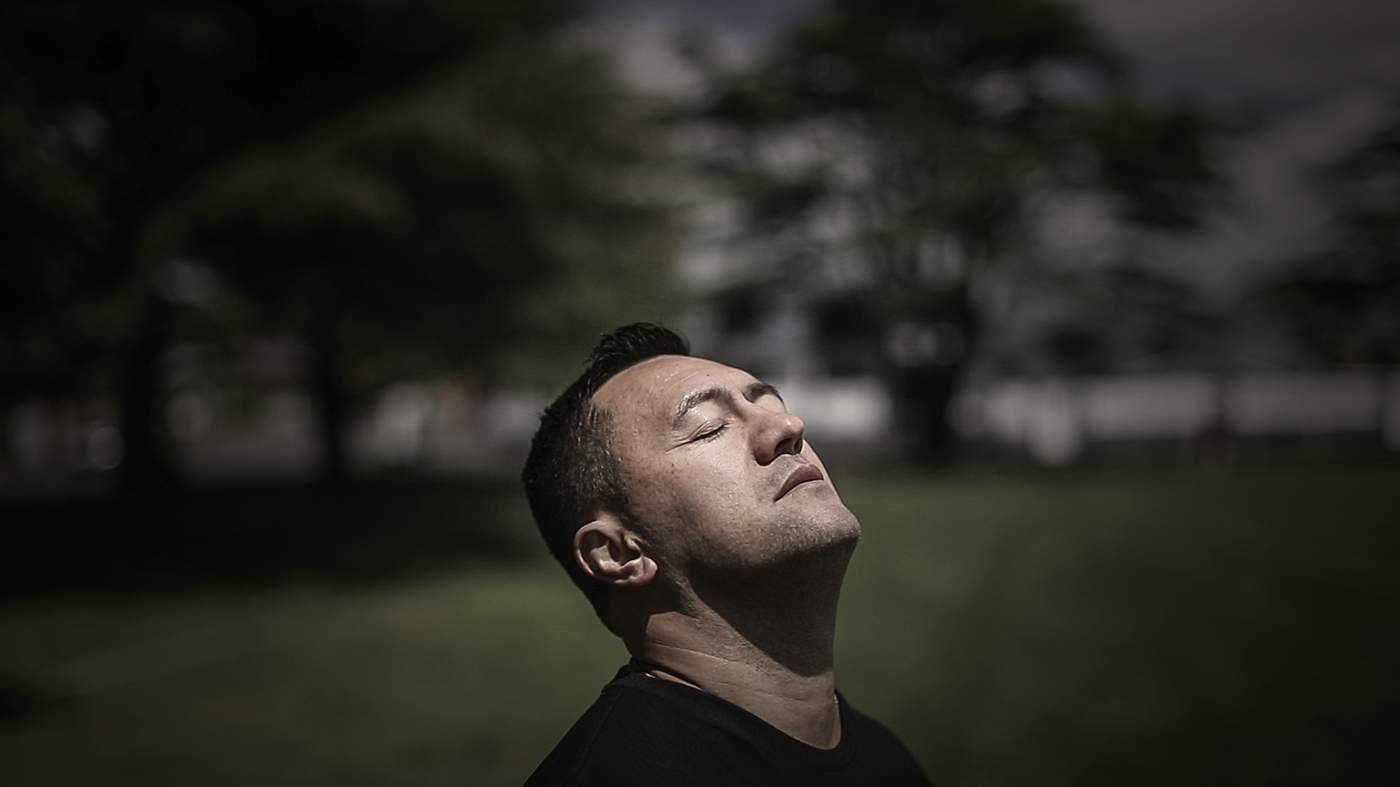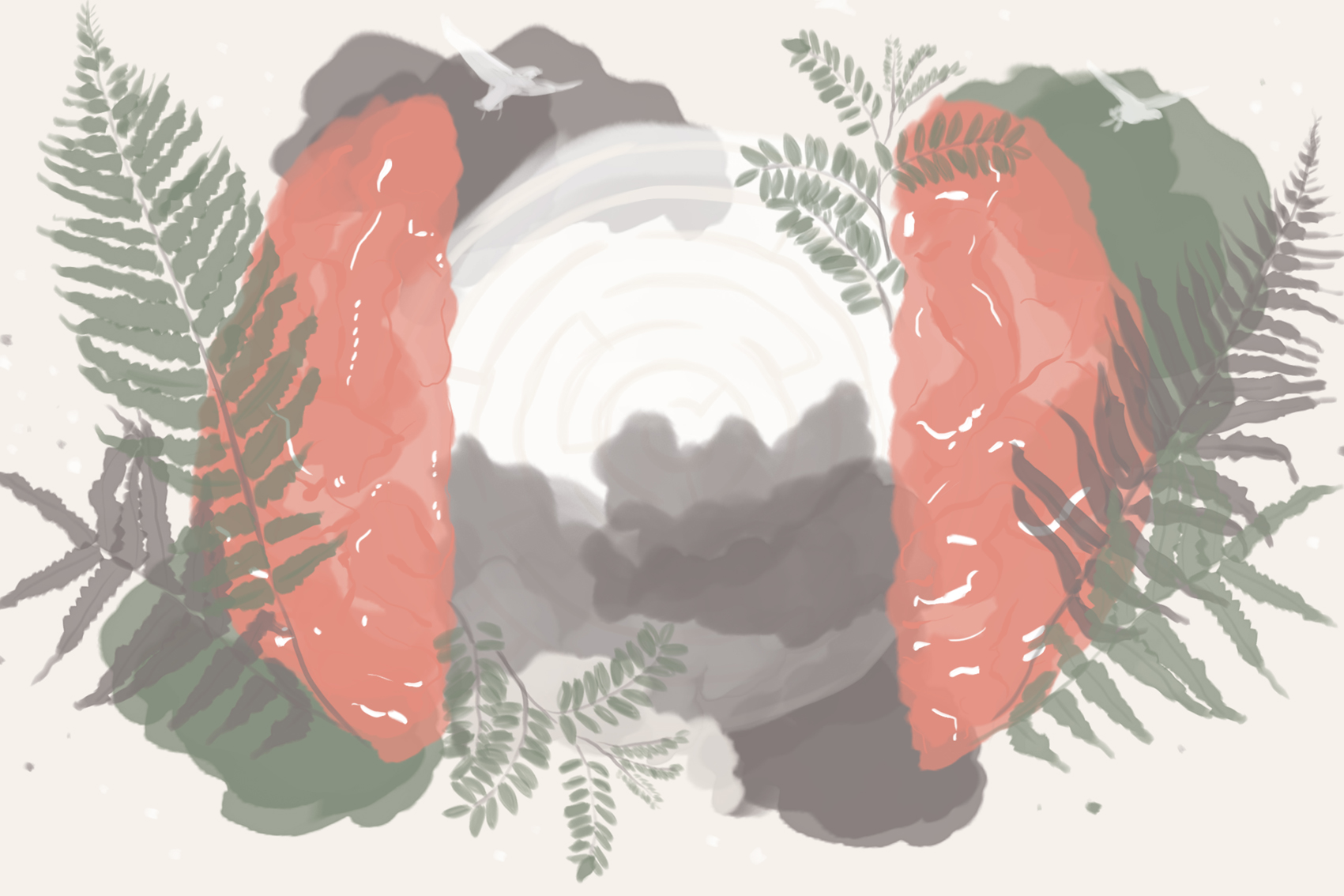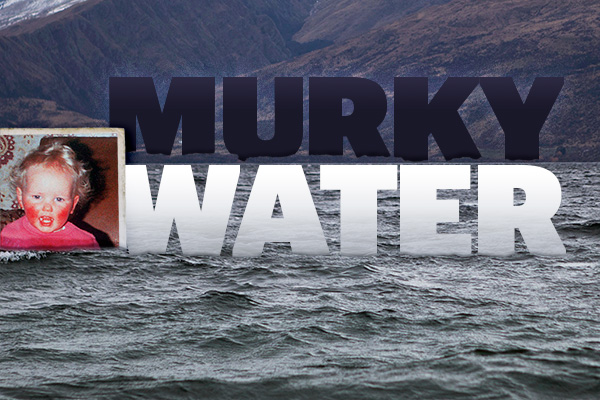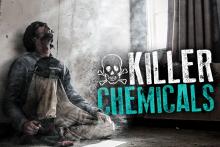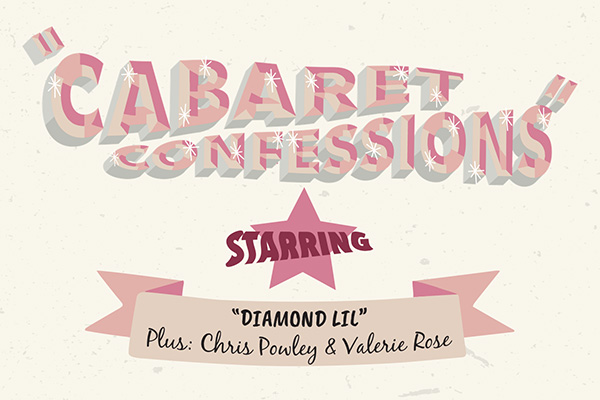"With increasing mental health statistics and suicide attempts, police need to be re-educated," he says.
"I just needed to be dead. I was swirling in the storm and when you've got no tools to cope, that's all you know."
If a negotiator or a whanau member had been there while he was staring down the barrel of the pistol, he would have dropped the meat cleaver and the soup ladle, he says.
"If the whanau had broken the bubble I was in I would have dropped everything.
"All I needed was a hug. Because anger is fear.
Mokaraka wants police to have skilled personnel on the ground with better negotiation skills.
“It could have been avoided,” he says.
The police’s role in society is to protect and serve.
“So when they wrongly shoot somebody they put a layer of protection around the police and now it looks bad on them.
“I know it’s dangerous for police officers, but it’s that re-education that would give you a different view on reassessing a situation.”
Police callouts for suicide and mental health issues have risen by nearly a quarter since 2012.
Police mental health national manager senior sergeant Matthew Morris told Stuff in February that a mental health unit was set up in 2013 in response to the increasing number of people they come across who need help.
Recruits and officers now undergo more training which is focused on de-stigmatisation and how to de-escalate situations with people in crisis.
Mokaraka is critical of the mental health system and the government’s approach.
“It’s flawed and archaic and it’s no wonder this country is in a state of trauma,” he says.
“I really want the police to be re-educated in dealing with people with mental illness, but the government needs to step up.”
In regards to suicide by cop, Mokaraka believes police shouldn’t shoot.
“Definitely do not shoot the person. Saying a cop should oblige is saying they are a mercenary.”
Mokaraka has written a play, Shot Bro: Confessions of a Depressed Bullet, a raw, honest portrayal of the day he woke up from the “storm” he calls depression.
“It’s helping me heal and also educating communities,” he says.
He has attempted to have the play shown to police recruits as a way of showing them a different perspective.
The officer who compressed his wound attended Shot Bro.
“He also had a story from his side and it’s about bringing these two sides together.
“If we do that we can avoid a lot of unnecessary shootings.”
While initially Mokaraka was angry, he continues to walk his healing journey and a part of that is reaching out to the police officer that shot him.
“You can’t heal if you’re constantly angry and holding on to resentment and hate.”

